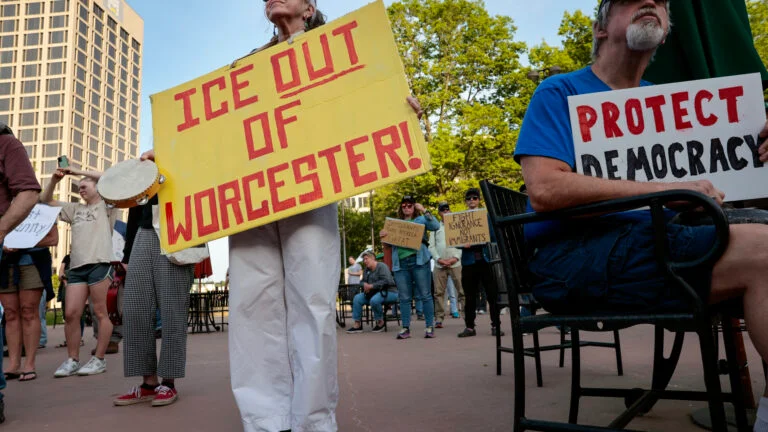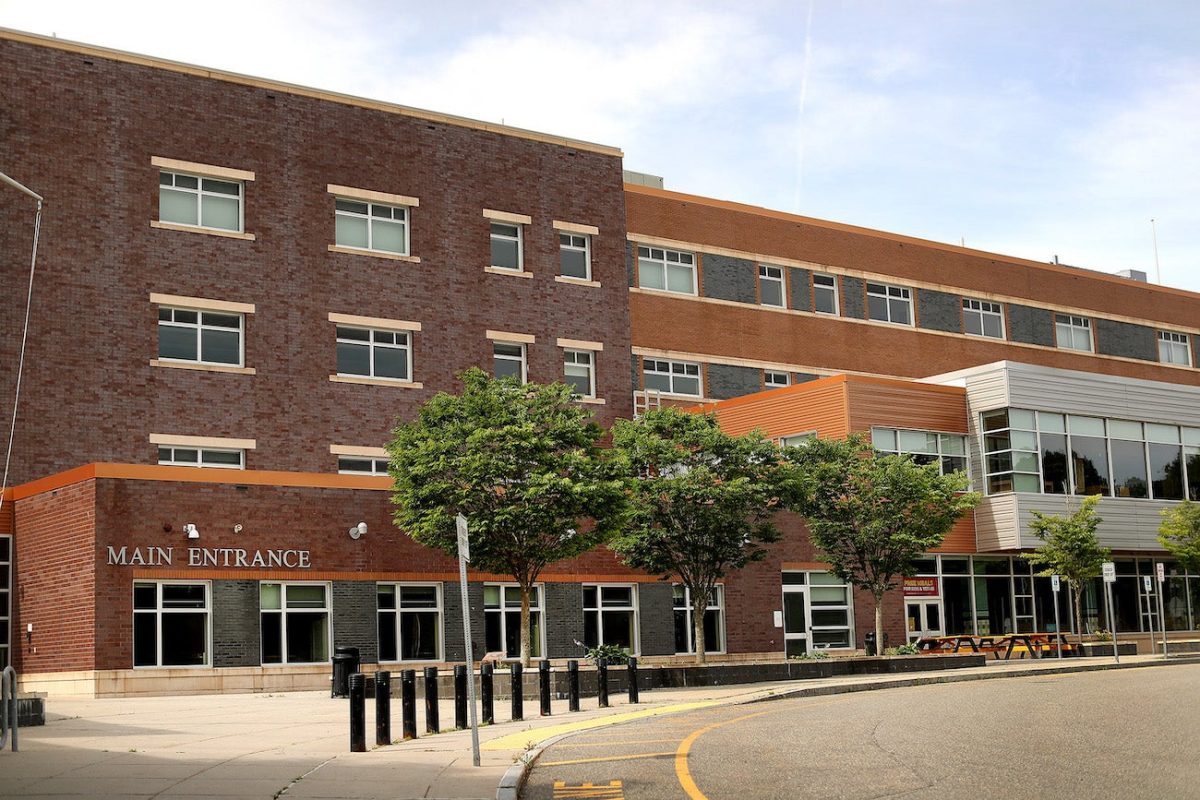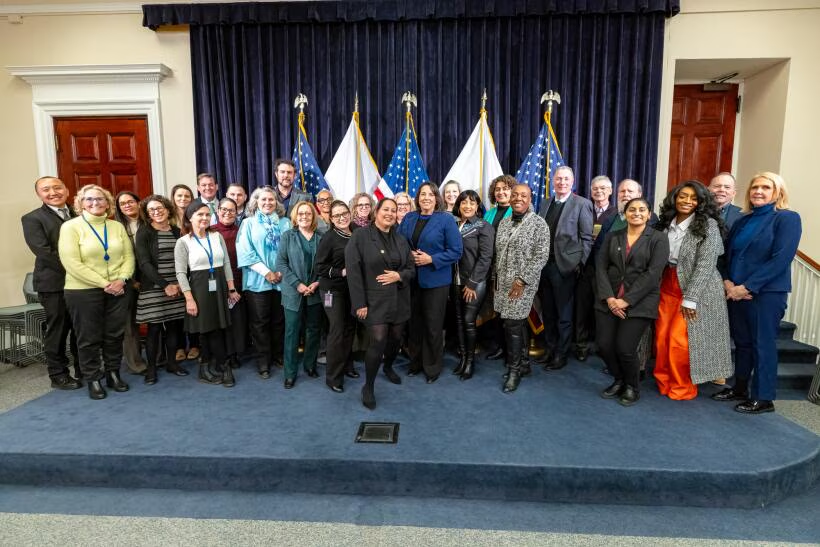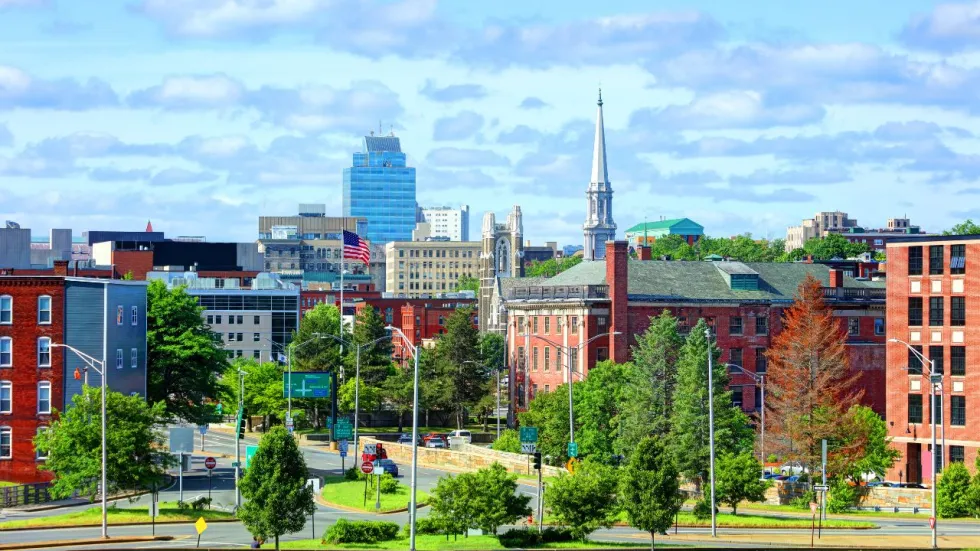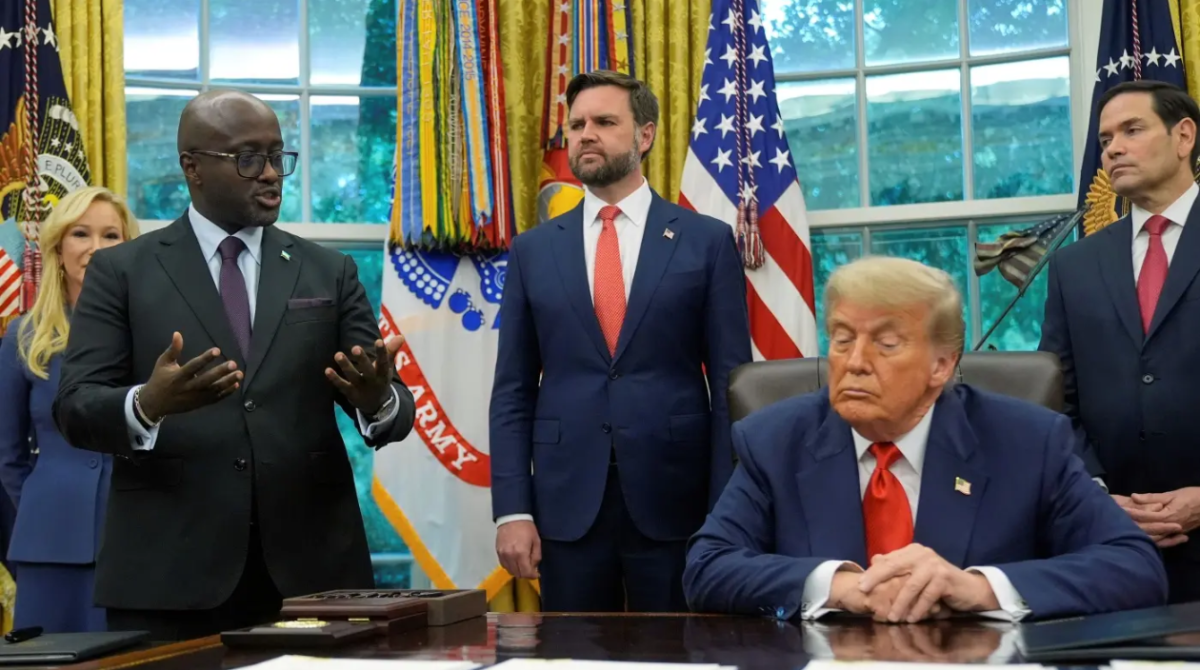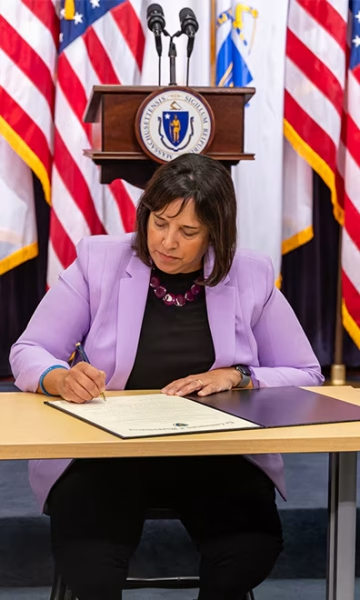
In a determined push to combat the rising threat of human trafficking, Massachusetts lawmakers are proposing a series of legislative measures aimed at dismantling trafficking networks and providing greater support for survivors. The initiative comes as the state grapples with an alarming increase in human trafficking cases, which have affected vulnerable populations, including minors and individuals from marginalized communities.
Human trafficking, which encompasses both labor and sex trafficking, remains one of the most insidious crimes affecting states across the nation. Massachusetts has seen a troubling increase in trafficking cases in recent years, prompting urgency from lawmakers who believe the current legal framework is insufficient in addressing the complex nature of the crime.
Key Proposals in the New Legislation
Among the primary proposals is a call for stronger penalties against those involved in human trafficking activities, including harsher sentences for traffickers and individuals who profit from exploitation. By raising the stakes for traffickers, lawmakers aim to create a deterrent effect, sending a clear message that the Commonwealth will not tolerate such crimes.
Additionally, the legislation emphasizes the need for enhanced resources to support survivors of trafficking. Massachusetts lawmakers are pushing for increased funding for victim assistance programs, including access to housing, legal services, mental health care, and job training. These resources are vital for survivors who often face significant barriers to rebuilding their lives after enduring such trauma.
Another critical component of the proposed legislation focuses on the creation of a centralized statewide database to track human trafficking cases and trends. This would enable law enforcement agencies to share information more effectively, collaborate across jurisdictions, and better identify and dismantle trafficking networks that operate both within the state and across state lines.
Tackling a Growing Problem
The push for stronger anti-trafficking measures comes at a time when the scale of the problem has reached concerning levels. The National Human Trafficking Hotline has reported a sharp increase in calls and tips from Massachusetts, highlighting the need for more targeted interventions. Traffickers often prey on individuals from marginalized communities, including those experiencing homelessness, those with a history of substance abuse, and those with limited social support. Tragically, children and young adults are particularly vulnerable to exploitation, and the state has seen a significant number of minors involved in trafficking cases in recent years.

Experts emphasize that human trafficking is a complex and often hidden crime that requires a multifaceted approach to effectively address. While law enforcement plays a critical role in prosecuting traffickers, advocates argue that tackling the root causes of vulnerability—such as poverty, inequality, and lack of education—is equally important in reducing the overall incidence of trafficking.
Broad Support from Advocacy Groups
The proposed legislative measures have received widespread support from advocacy groups dedicated to combating human trafficking and supporting its survivors. Organizations such as the Massachusetts Coalition Against Sexual Assault and Domestic Violence have praised the new initiative, calling it a critical step in addressing the pervasive problem.
“These proposed changes are an important signal that Massachusetts is taking the issue of human trafficking seriously,” said one advocate. “The strengthened penalties and expanded resources for survivors will go a long way in helping both prevent trafficking and ensure that those affected receive the support they need to heal and rebuild their lives.”
Looking Ahead
As lawmakers work to fine-tune the details of the proposed measures, there is a sense of urgency to act swiftly and decisively. Human trafficking is a problem that knows no borders, and the importance of collaboration at the local, state, and federal levels cannot be overstated. In the coming months, Massachusetts legislators are expected to hold hearings and gather input from a variety of stakeholders, including law enforcement, service providers, and survivors, before voting on the proposed legislation.
With a strong focus on prevention, prosecution, and victim support, Massachusetts is positioning itself as a leader in the fight against human trafficking, determined to break the cycle of exploitation and help those affected regain control of their lives.The proposed measures, if enacted, would mark a significant milestone in the ongoing battle against human trafficking, offering hope to many who have long been invisible victims of a crime that devastates lives and communities.

